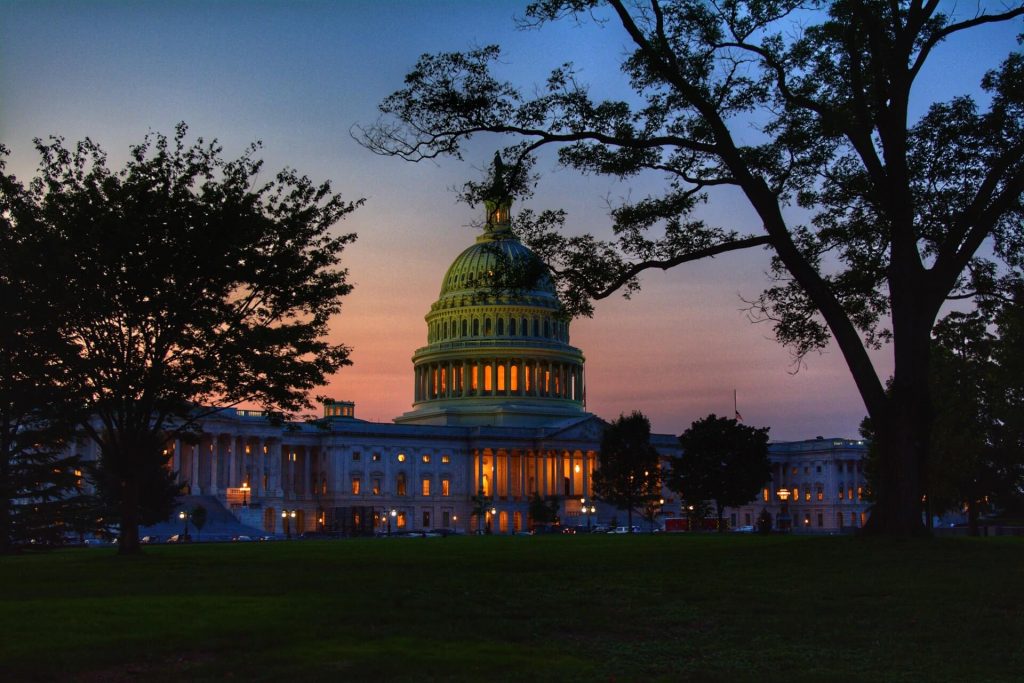The United States economy is showing signs of healing from the pandemic-induced recession. However, the Federal Reserve (the Fed) claims it will raise its central short-term interest rate (also known as the federal funds rate) in 2022. Experts expect as many as three hikes to the interest rate this year.
Whenever the Fed lowers or raises interest rates, it can greatly impact your investments. Below, we give you the breakdown of how a higher interest rate affects your investments, retirement planning, and estate planning.
How the Fed’s Interest Rate Affects the Economy
The Federal Reserve’s role is to balance and stabilize the US economy, chiefly by controlling interest rates. For instance, when the economy is booming (and becoming less stable), the Fed asserts more control by hiking interest rates. Conversely, when the economy weakens, the Fed attempts to stimulate it by lowering interest rates to encourage spending.
Let’s consider what happened when the pandemic struck. When it became clear the pandemic would slow the economy, the Fed lowered interest rates. These lower interest rates encouraged people to spend more and borrow more from lending organizations. Therefore, the Fed kept the economy reasonably healthy despite the game-changing pandemic.
Alternatively, the Fed raises interest rates to slow excessive spending characterized by inflation. When inflation happens, it diminishes a dollar’s purchasing power. This reduced purchasing power means people pay more for goods and services, and borrowers pay higher interest rates on loans.
Why the Fed Plans to Raise Interest Rates This Year
The Fed constantly performs a tricky balancing act between slowing and accelerating the economy. After an abrupt recession in 2020 when the pandemic hit, the economy has slowly recovered. Now, we are seeing increased demand, supply chain disruptions, and an unemployment rate as low as 4.2%.
As a result of the economy being on track to recover from the pandemic, inflation is soaring, and consumer prices are surging. As a result, the Fed has indicated it will hike the interest rate to counter the alarming inflation rate.
Generally speaking, a higher interest rate affects all facets of the economy, including your assets and retirement plans. But there’s no need to worry if you take the proper precautions. Read on for our pointers on how to manage your finances during a higher-interest period.
What Does the Increased Interest Rate Mean for Your Wealth Management in Scottsdale?
If you’re planning to buy a house or take out a loan, it’s best to act quickly before interest rates go up—or you’ll end up paying more in interest. On the other hand, if you have a savings account, the higher interest rates will mean your savings accrue interest faster, helping you save money.
When considering wealth management strategies, you should speak with your financial advisor about the interest hikes.
Good investment management and retirement planning mean acting quickly when interest rates go up. You can protect and even potentially improve your financial assets by:
· Growing your interest-bearing savings accounts or bonds. For instance, you can open a short-term Certificate of Deposit (CD) account, which typically has a higher interest rate than a typical savings account to grow your savings.
· Diversifying your investments. Diversification involves having a range of investments that are more and less sensitive to the federal interest rate. This diversity protects your assets when interest rates fluctuate.
· Limiting borrowing and focusing on saving. Try not to take out any loans tied to federal interest rates during a high-interest period. Loans such as auto loans, adjustable-rate mortgages (ARMs), or other home equity loans (HELOCs) will be more expensive. Also, try to rein in your credit card spending.
· Consolidating your existing debt. If you have substantial credit card debt, consider consolidating it through one personal loan with affordable monthly payments. A personal debt’s interest rate is not tied to the Fed’s interest rate but to your credit score.
Call an Experienced Financial Advisor in Scottsdale, AZ
ARQ Wealth offers clients personalized advisory services and investment management in Scottsdale. We can give you expert guidance in financial planning amid higher interest rates.
Get in touch with ARQ’s certified financial planners at 480-214-9572 for a free, no-obligation financial consultation. You can learn more about this limited-time financial consultation here at this link.

